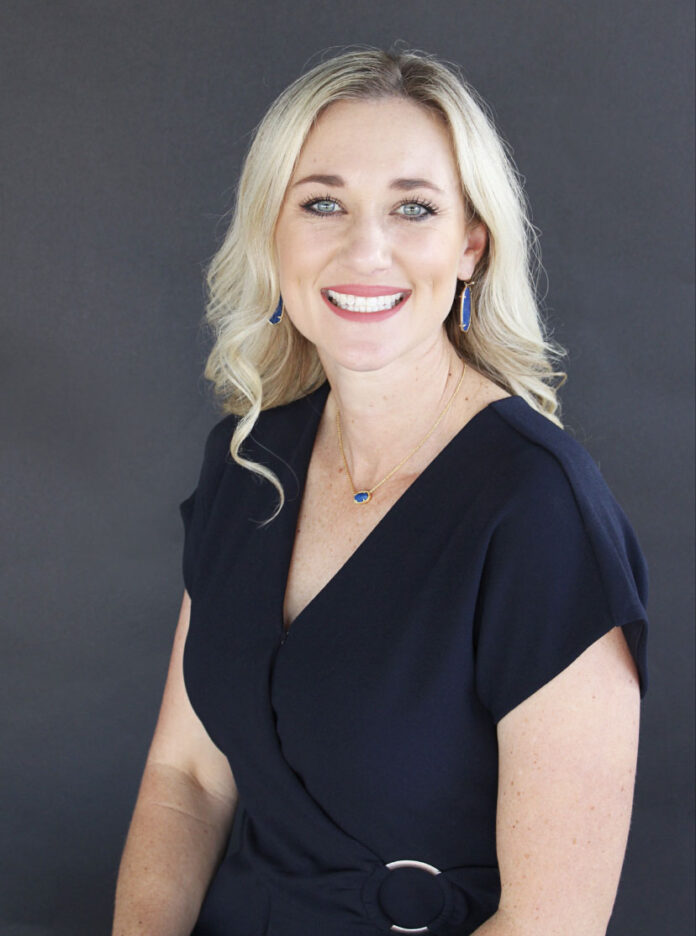By Dr. Lindsey Balderaz
As we all know, disappointment is part of life. It is one of those things we try to avoid, but will typically encounter more than any of us would like.
When our children face disappointment, it is important to use the experience as a learning opportunity.
Parents will often become uncomfortable with the child’s disappointment and try to “fix” it by making the disappointment go away, or becoming angry or frustrated because the disappointment is of a minor nature and we think they should just “get over it.” These approaches can have some long term negative side effects.
When we fix a child’s problems, rather than letting them experience disappointment, they lose an opportunity to grow as they go through it.
When we become angry we may be sending a message that the child’s feelings are not valid which could cause internal turmoil or a desire to hide feelings in the future.
One of the most important things you can do when your child faces disappointment is to acknowledge their disappointment by naming it.
“It sounds like you’re feeling disappointed.”
Next, let your child know that disappointment is ok to experience; we all go through it at one time or another.
“I understand that feeling. I have been disappointed before too and it is no fun.”
Next, instead of fixing the problem, offer to be a support as the child works out how they are going to handle the disappointment.
“Is there something I can help you with to move past the disappointment?”
If they do not respond or they do not provide a way for you to help, be sure to let them know you are available to help if they change their mind. It’s also important that they understand that they can take time to feel their feelings and come up with a plan of their own.
“I’m sorry you are feeling this way. I hope you are able to come up with a plan to overcome your disappointment. I’ll be here if you need any help.”
When children feel heard and they know their feelings are validated they will approach challenges with more security and less fear.
Offering empathic listening and taking time to put yourself in your child’s shoes can be a simple shift that makes a big difference.
Dr. Lindsey Balderaz has her doctorate in Special Education from the University of North Texas. She is an Assistant Professor in the College of Education at UTPB and founding director of the Transformative Leadership Academy in Monahans.




